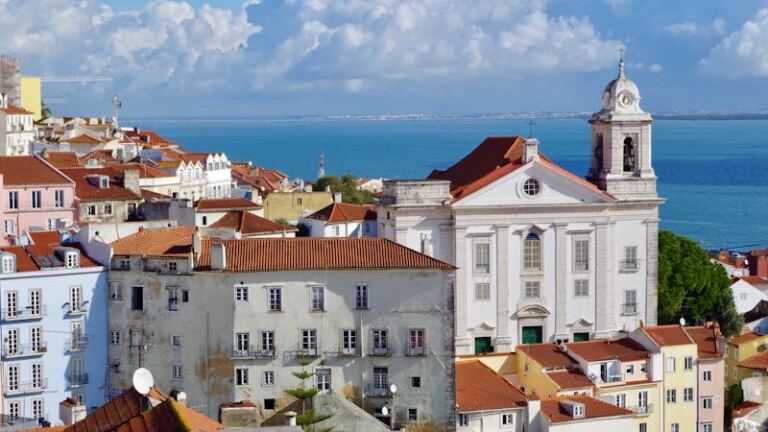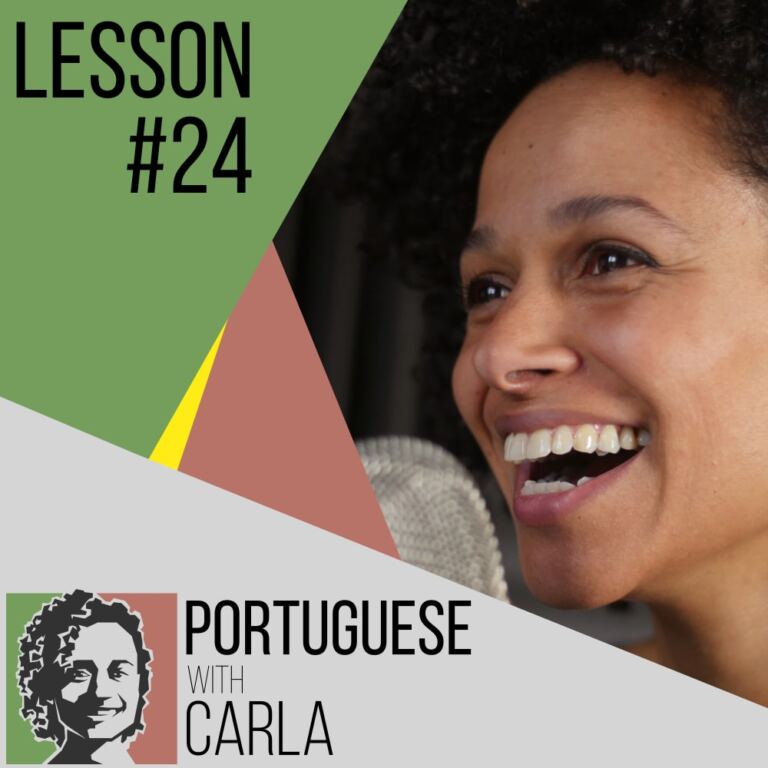Obrigado or Obrigada: Difference Explained for Portuguese Learners
Thank you is one of those expressions you want to learn whenever you visit a foreign country. Even if you do not speak the local language, knowing a single word can make a huge difference in your experience. You might find the locals are kinder to you, maybe even granting you access to opportunities you would not have otherwise.
Above all, it is a way to dive deeper into the customs of the country you are visiting. It demonstrates appreciation for the culture and respect for the locals. Moreover, it is a kindness you would probably appreciate being directed towards you by foreigners in your home country.
Usually, you will find several expressions to show you are thankful. For example, in English, you can say: Much obliged, I’m thankful for…, Cheers, and so on. But there is one term that natives use most, and that is acceptable in any situation. In English, that would be Thank you.
The same happens with most Romance languages. You can say Gracias in Spanish, Merci in French, Grazie in Italian, and Mulțumesc in Romanian. However, Portuguese has two versions of the same word: Obrigado
What do these expressions mean? Where did they originate from? And how should you use them? Discover all about these terms to express gratitude, and never forget how to say Thank you in Portuguese!
Obrigado or Obrigada – Difference in Portuguese
Are you interested in learning the Portuguese language? Would you love to stroll around the streets of Lisbon and interact with the locals as if it were your mother tongue?
The Journey will help you get there! This interactive European Portuguese course is based on a feature film recorded in Portugal. The real-life dialogues immerse you in the local language and culture, helping you develop valuable skills and self-confidence. What are you waiting for? Learn more about it HERE!
As you already know, the Portuguese words Obrigado
Learning Portuguese Basics
Besides being used as an interjection to show gratitude, the term Obrigado
For example, the sentence: Havia trânsito, por isso, fui obrigado a fazer um desvio
The Origins of The Term
The word Obrigado
With time, these expressions were shortened to a single word: Obrigado
It surpassed these older sayings in popularity. In truth, it became the most common form to say Thank you in both written and oral communication in Portuguese.
The Terms Obrigado and Obrigada Today
In modern days, Obrigado
As you saw above, when used to say thank you, it literally means Obliged. It conveys the sense of feeling indebted to someone. Thus, you are saying you owe or are indebted to the person who did you a favor or showed you kindness in some way.
It is like a first-person sentence, and thus, it is gendered in Portuguese. Hence, the varying terminations between the two words. As a verb, it must reflect the gender of the subject. So, you must apply the termination according to your gender. Obrigado
How Native Speakers Say Thank You in European Portuguese
In Portugal, you will generally hear the locals apply the rule above. However, there are other ways to say Thank you in Portuguese. For example, you might hear Muito obrigado
You might also hear more regional expressions, such as Bem haja
Did you know there are over five more ways to say thank you in Portuguese? Learn them and their pronunciation in the following video!
Common Mistakes to Avoid
Many in Portugal have not learned the meaning behind Obrigado
Another aspect to watch out for is the tone with which you speak and your facial expression. Since this word can apply in different situations, the locals might think you are upset. Thus, try to maintain a kind posture and smile sincerely.
Other Applications
Obrigado
However, this meaning can change with the context, tone of voice, and facial expressions. For example, the locals may also use it as an interjection to add emphasis or convey surprise. They can also apply it to show frustration and annoyance.
For example, the diminutive Obrigadinho
How to Respond to Obrigado
How about if you are the one who is receiving the thanks? How should you respond to an Obrigado
In English, when someone says Thank you, you would usually answer with a kind phrase. For example, you might say You’re welcome, My pleasure, or I’m happy to help. Similarly, it might be considered rude not to answer when someone thanks you in Portuguese.
The most common term for You’re welcome is De nada
Still, there are several ways to say You’re welcome in Portuguese. Watch the following video to discover some!
Practical Examples
To help you practice, we have created two short real-life dialogues. In the first situation, you will be the person saying thank you, and in the second, you will be the one receiving the thanks. Try reading these sentences out loud and practice them with your Portuguese friends!
Dialogue 1: You Are Saying Thank You
Café lady (Rita): Aqui está o teu café
Tu: Obrigada, Rita. És sempre tão querida
Rita: De nada! Precisas de mais alguma coisa?
Tu: Não, está ótimo. Muito obrigada!
Dialogue 2: You Are the One Receiving The Thanks
Colleague (Pedro): Poderias ajudar-me com o relatório, por favor?
Tu: Sim, posso
Pedro: Muito obrigado. Fico-te a dever uma
Tu: De nada, Pedro
Final Thoughts on Obrigado or Obrigada: Difference in Portuguese
Unlike other languages, which have an invariable term to express gratitude, Portuguese has a gendered word. The direct translation of the word Obrigado
As a rule of thumb, use Obrigado
Practice with native speakers. Use this term whenever you visit your local café
Still, Obrigado
Learn European Portuguese the Instinctive Way!
For the last decade, we’ve been working on putting together the best possible European Portuguese course. After much research, feedback from our students, and several iterations, we think we’ve got it! 😉
At the base of it all is a sound conviction that languages are better learned instinctively, so the process needs to be engaging, varied, and enjoyable. Throughout, we used scientifically proven techniques to help you master pronunciation, phrase construction, oral understanding, grammar, and all the necessary bits to get you to fluency. And still, the whole thing is presented as an adventure. It’s a course like no other. Click the button below to see for yourself!







